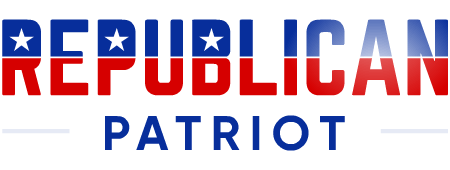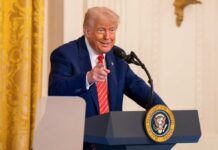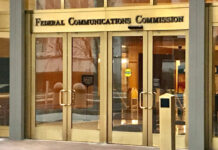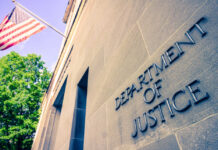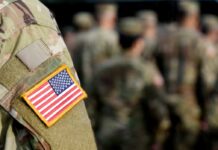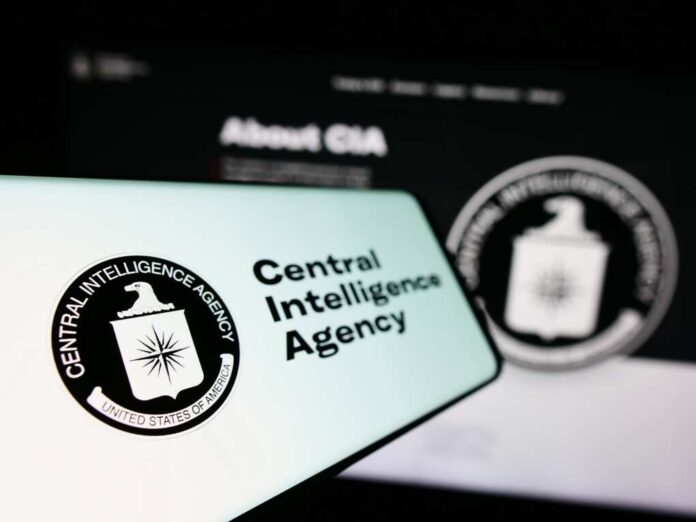
The U.S. government’s alleged collection of world leaders’ DNA and the safeguarding of President Obama’s genetic material have sparked debates over the potential development of personalized bioweapons and their implications for global security and politics.
At a Glance
- Reports suggest the U.S. is collecting DNA from world leaders and protecting President Obama’s genetic material.
- Concerns arise over the potential creation of bioweapons targeting specific individuals based on their DNA.
- Independent researcher Kristen Williamson highlights possible CIA involvement in biowarfare and genetic engineering projects.
- Calls have been made for political figures, including former President Trump and Congress members, to investigate these covert operations.(WIRED)
The DNA Collection Controversy
Speculation has emerged regarding the U.S. government’s interest in collecting DNA from global leaders, with the aim of securing strategic advantages. A 2012 article in The Atlantic discussed the potential for such genetic blueprints to be used in creating personalized bioweapons that could target individuals without leaving a trace. (The Atlantic)
The notion of protecting President Obama’s DNA underscores concerns about the misuse of genetic information. As biotechnology advances, the ethical boundaries of its application in national security strategies become increasingly blurred.
CIA’s Hidden Hand
Independent researcher Kristen Williamson has raised alarms about the CIA and U.S. intelligence community’s involvement in projects related to biowarfare, genetic engineering, and surveillance. In an interview with The New American, she claimed that these initiatives could significantly alter life on Earth if left unchecked.
Williamson’s assertions suggest a need for greater transparency and oversight in national security operations, especially those intersecting with emerging biotechnologies.
A Call for Accountability
The potential misuse of genetic data for bioweapon development has prompted calls for political scrutiny. Figures like Michael Crow, associated with Arizona State University and In-Q-Tel, have been mentioned in discussions about the intersection of academia, intelligence, and biotechnology.
As synthetic biology becomes more accessible, the risk of its exploitation for malicious purposes grows. Ensuring ethical governance and robust oversight mechanisms is crucial to prevent the erosion of individual privacy and global security.
Watch a report: The CIA, Biowarfare, Election Rigging & Directed Evolution.(The New American)
The convergence of genetic data collection and advanced biotechnologies presents complex challenges that necessitate informed public discourse and vigilant policy-making.
